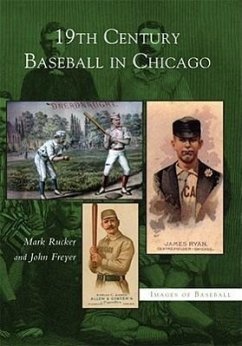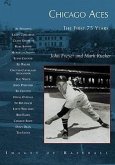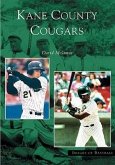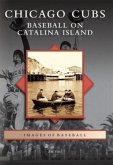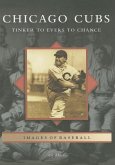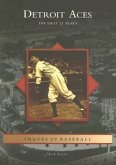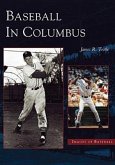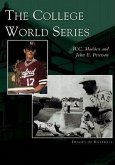The Chicago area today hosts two of the most historic major league franchises and half a dozen minor or independent league teams. Baseball's roots run deep in the Windy City. Indeed, it was Chicago businessman William "I'd rather be a lamp-post in Chicago than a millionaire in any other city" Hulbert, who, according to baseball lore, staged the coup that in 1876 would put the National League on the map. The Chicago White Stockings (now ironically called the Cubs) were one of eight charter members, winning the inaugural NL Championship with such legendary names as A.G. Spalding, "Cap" Anson, and Roscoe Barnes. But The National Pastime arrived in Chicago well before the 1876 season, as is proven in this fascinating new book, 19th Century Baseball in Chicago, illustrated with over 150 vintage images.Any local fan of the modern game-whether the action takes place at the "Friendly Confines," 35th & Shields, or the cozy setting of a minor league ballpark out in Kane or suburban Cook County-will enjoy the wealth of information offered in 19th Century Baseball in Chicago.

